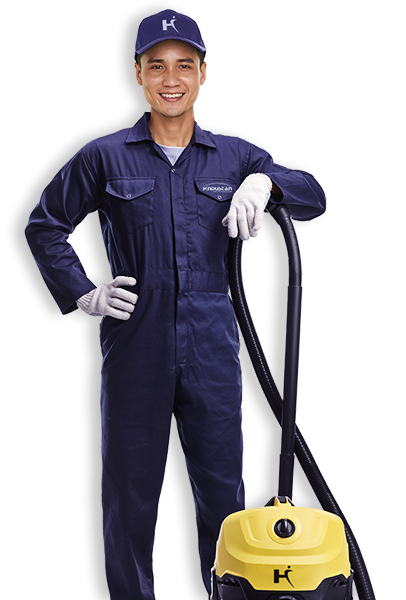The cleaning industry is facing a significant challenge that has been intensifying over the years: a labor shortage. This issue has been exacerbated by the global pandemic, leading to increased demand for cleaning and sanitation services while simultaneously making it more difficult to find and retain staff. However, a modern solution is emerging as a beacon of hope for the industry: automation.
The Root of the Problem
The labor shortage in the cleaning industry is multifaceted. It stems from a combination of factors including an aging workforce, competitive labor markets, and the physically demanding nature of cleaning jobs which can deter potential employees. Moreover, the pandemic has heightened health risks, leading to increased hesitancy among workers about entering multiple premises.
How Automation is Providing Solutions
Automation, through the integration of technology, is stepping in to fill the void left by labor shortages. Here are several ways automation is making an impact:
- Robotic Cleaning Devices: Commercial robotic vacuums and floor cleaners are taking over tasks that were traditionally labor-intensive. These devices can operate independently, cleaning large areas without direct human oversight, thus freeing up staff to focus on tasks that require a human touch.
- Software Solutions: Advanced cleaning service software is streamlining operations from scheduling to client communication. These platforms reduce the administrative workload, allowing cleaning businesses to manage their operations more efficiently with fewer staff. Features like automated invoicing, optimized routing, and client management systems are proving invaluable.
- Smart Inventory Management: Automation technology is also revolutionizing how cleaning companies manage their inventory. Automated systems can track supply levels, predict needs based on usage rates, and even order supplies autonomously, reducing the need for manual oversight and ensuring teams always have the necessary tools at their disposal.
- Data-Driven Cleaning: IoT (Internet of Things) devices and sensors can monitor cleanliness levels, foot traffic, and other metrics in real-time, allowing for targeted cleaning that optimizes staff deployment. This technology ensures that cleaning efforts are focused where and when they’re needed most, enhancing efficiency.
The Benefits Extend Beyond Addressing Labor Shortages
Automating certain aspects of the cleaning process doesn’t just mitigate staffing issues; it also brings a host of other benefits:
- Consistency and Quality: Automated cleaning devices provide consistent results, ensuring a high standard of cleanliness every time.
- Cost Savings: While there is an upfront cost to technology adoption, the long-term savings on labor and improved efficiency can be significant.
- Employee Satisfaction: Reducing the burden of mundane tasks allows employees to focus on more engaging and less physically demanding work, potentially leading to higher job satisfaction and retention.
Looking Ahead
As the cleaning industry continues to evolve, the integration of automation technologies is becoming not just an option but a necessity for businesses aiming to thrive. It’s clear that the future of cleaning will rely heavily on a balance between human labor and technological advancements. This shift not only addresses immediate challenges such as labor shortages but also paves the way for a more efficient, effective, and resilient cleaning industry.
By embracing automation, cleaning businesses can ensure they remain competitive and capable of meeting the growing demands for their services, all while navigating the complexities of today’s labor market. The transition to more automated processes represents a significant change in the industry, one that could redefine what it means to work in and manage cleaning services in the 21st century.



